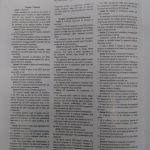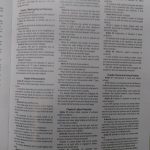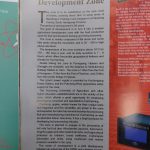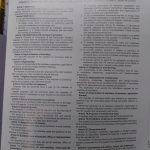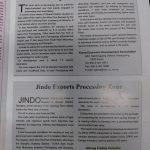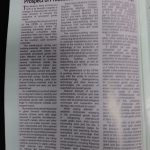Institute for Far Eastern Studies (IFES)
2013-12-06
North Korea is pushing ambitious development of local economic development zones, purportedly with the aim of promoting balanced development of the local economy and improving the lives of ordinary people.
On November 29, 2013, the Choson Sinbo, a pro-North Korean newspaper based in Japan, reported details of North Korea’s proposed 13 economic development zones (EDZs) by province, including the characteristics of the plans, goals, and outlook. It specified that the main objectives of this project are to promote a “balanced local economy development and improve the lives of residents.”
To enhance the effectiveness of the EDZs, each region’s characteristics were incorporated into the development strategy.
The existing Rason and the Hwanggumpyong Special Economic Zones are comprehensive and large in scale, covering production and processing, transport, commerce, and tourism sectors. The local-level EDZs, on the other hand, reflect each area’s local economy and culture and more narrowly focus on local industries.
For example, the EDZ slated for Pukchong in South Hamgyong Province is an agricultural zone; Onsong in North Hamgyong Province is for island tourism; and Waudo in Nampo City is an export processing zone. He one reflects its region’s characteristics.
The (North) Korean Association of Economic Development Director Yun Yong Sok, who is in charge of attracting investment from foreign companies, said, “By integrating the unique features of each region, it can benefit the local economy through acquiring necessary technology for the development and also earn foreign currency contributable to improving the lives of the people.”
He also said that “The goods produced in the EDZs will be exported to other countries but at the same time will be able to meet domestic demand,” and “the development of EDZs will center on the border areas adjacent to China and Russia.”
In addition, each province was encouraged to develop plans according to the region’s environment and apply to the People’s Committee in each province. Plans were then sent to the State Economic Development Commission for in-depth deliberations.
North Korea has upgraded the State Economic Development Commission (from its previous designation as the State Economic Development Board) in October 2013 to become a direct mechanism under the Cabinet that oversees the establishment and management of EDZs.
This commission is responsible for developing national strategies relevant to special economic zones such as selection process of provincial EDZ establishment, preparation to state evaluation, modification and supplementation of laws and regulations, and the entire process for implementation.
As predicted by Ri Sun Chol, International Economic Relations Research Director at the Economic Institute in the Academy of Social Sciences, “Once the economic development zones are established in each province, it will greatly expand the breadth of the foreign economic cooperation and will provide a fundamental opportunity to invigorate investment activities.”
The Choson Sinbo reported that while some might take a pessimistic outlook on the new EDZs, the new project is attracting interests from various countries such as Hong Kong and Singapore, and the local and central governments are working closely to promote this project.
